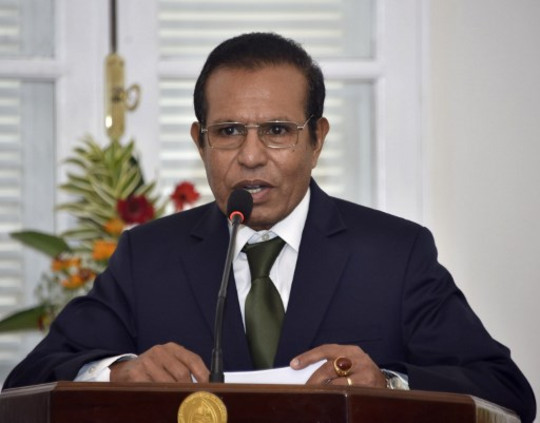The advice, prepared by Jim Nolan, an Australian barrister and legal adviser pro bono to the International Federation of Journalists (Asia Pacific), outlines several worrying legal issues and highlights IFJ’s deep concerns regarding attempts by authorities in Timor-Leste to undermine press freedom.
In the advice, the IFJ legal advisor states that, “the proposal is disturbing because it flies in the face of the consensus in the democratic world which regards criminal defamation laws as toxic, liable to gross abuse by the wealthy and well connected, anti-democratic, and anti-transparency. Criminal defamation law has historically been associated with severe encroachments upon press freedom and is typically seen as an instrument of authoritarian rule.”
Although Minister Cárceres has stated that the new law “will encourage people to respect leaders more”. In reality, the law which proposes up to three years jail for an offender will protect politicians, government officials and religious figures. The law will also extend the ‘right’ to instigate criminal proceedings to corporations and government agencies. The fact that the proposed extension of criminal defamation applies to the deceased is also disturbing. It is also disturbing that are no defences or protections for journalists set out in the bill.
Timor-Leste already has a robust, effective and highly regarded Press Council which deals with complaints against the media and journalists by a mechanism which does not criminalise free speech and publication. The IFJ fears that if this proposed law is adopted, the state of press freedom in Timor-Leste will be weakened.
The IFJ said: “IFJ respectfully ask the Prime Minister to ensure that the proposed criminal defamation law does not make its way into the laws of Timor-Leste. To do otherwise, would tarnish the image of Timor-Leste as an open and fair democracy.”

